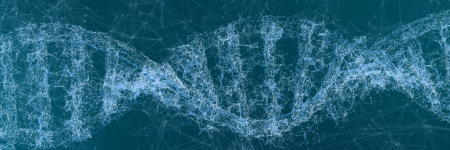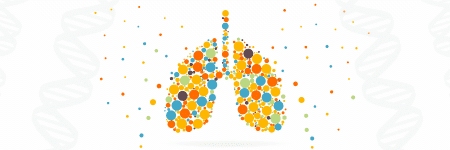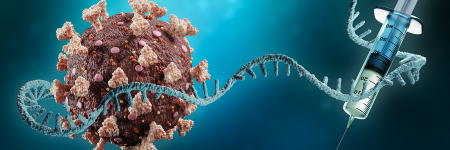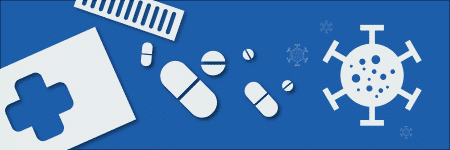Updates on key developments in genomics

NHS targets better diabetes care with genomic testing
New initiative aims to find thousands of people with a rare, inherited form of diabetes

Newborn screening: time for a genomic approach?
This week, we explore how genomics could help expand the newborn screening programme to test for many more genetic conditions

PCR: more than just a Covid test
An old friend has been thrust into the limelight. We take a look at how PCR works and its place in Covid testing and beyond

Trial underway for hATTR therapy
The novel ‘one off’ treatment could change the lives of those living with the condition
 https://www.genomicseducation.hee.nhs.uk/wp-content/uploads/2021/08/Cancer-cell_1350x450.png
450
1350
Ben Armstrong
/wp-content/uploads/2018/06/gep-white-logo-sm-v2.png
Ben Armstrong2021-08-06 11:17:282021-08-06 11:17:28Combating cancer: POLQ inhibitors
https://www.genomicseducation.hee.nhs.uk/wp-content/uploads/2021/08/Cancer-cell_1350x450.png
450
1350
Ben Armstrong
/wp-content/uploads/2018/06/gep-white-logo-sm-v2.png
Ben Armstrong2021-08-06 11:17:282021-08-06 11:17:28Combating cancer: POLQ inhibitors https://www.genomicseducation.hee.nhs.uk/wp-content/uploads/2021/07/DNA-blog.png
450
1350
Ben Armstrong
/wp-content/uploads/2018/06/gep-white-logo-sm-v2.png
Ben Armstrong2021-07-30 16:36:202021-07-30 16:36:20Developmental disorder variants found in non-coding genome
https://www.genomicseducation.hee.nhs.uk/wp-content/uploads/2021/07/DNA-blog.png
450
1350
Ben Armstrong
/wp-content/uploads/2018/06/gep-white-logo-sm-v2.png
Ben Armstrong2021-07-30 16:36:202021-07-30 16:36:20Developmental disorder variants found in non-coding genome
NHS to launch Innovative Medicines Fund
We look at an initiative that could change the lives of people with rare diseases by giving them access to cutting-edge treatments

New platform to strengthen researcher-patient link
We explore how the platform will benefit its users and the steps in place to make sure it is ethical

SCID gene therapy trial publishes results
This week, we look at a significant breakthrough for the treatment of severe combined immunodeficiency

DTC testing: time to step in?
As DTC testing becomes more accessible and popular than ever, we ask whether more regulatory work could – and should – be done

Start the conversation: genomics in health visiting
As part of this year's #GenomicsConversation week, we talk to Sally Shillaker about the vital role genomics plays in health visiting practice

Genomics in practice: ‘Midwives should explore opportunities’
In our third Q&A for the #GenomicsConversation, we talk to midwife Charlotte Rose about why she was inspired to build her career in genomics

Genomics in practice: ‘We are generation genome!’
In the second of our #GenomicsConversation Q&As, gynaecology cancer nurse Tracie Miles reveals how her patients inspired her to get into genomics

Genomics in practice: ‘Nurses have a big role!’
In our first #GenomicsConversation Q&A, we speak with inherited cardiac conditions nurse Tootie Bueser about how genomics is shaping nursing practice

Day in the life: genetic diabetes nurse
As part of our #GenomicsConversation week, Anita Murphy talks about how a patient’s genetic information can transform their diabetes care

Genomics in the NHS
This #GenomicsConversation week, we look at the genomics landscape in the UK today and the 10-year plan for the future

Asthma and the genome
This week, we look at a common condition – asthma – and the role our genome plays in its onset

Why mRNA vaccines aren't gene therapies
We bust another Covid-19 myth – this time about how mRNA vaccines work – in our latest blog post

New gene therapy launches in the UK
Baby Arthur becomes one of the first children to benefit from the landmark SMA treatment after NHS launch

Covid-19 contributes to antimicrobial resistance crisis
Covid-19 can’t be treated with antibiotics, so why are patients receiving them and what impact could this have on human health?

Genome UK: the first steps in a grand plan
The UK wants to create the world's most advanced genomic healthcare system, with education and training a key component. Here’s what’s in store for 2021/22


